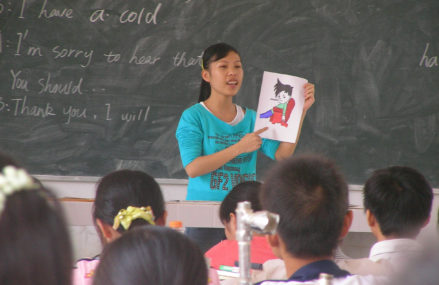If you have ever met an adult who lacks critical thinking skills, you understand how important it is to raise children who are critical thinkers. The ability to take in information, comprehend it, and form an original thought or opinion on the matter is the basis of critical thinking. Adults who lack this skill believe everything a politician says, thinks everything read on the internet is true, and takes everything printed in the newspaper at face value. To raise a child who is a critical thinker, you must give them an opportunity to practice those skills, even if encouraging the process tries your patience or her opinions make cartoon steam shoot out of your ears.
You can start encouraging critical thinking skills with toddlers by not solving every problem for your child. Allow a block tower to fall so a more stable one can be built, watch puzzle pieces be forced into spaces they could not possibly fit into, and wait as patiently as possible while socks and feet try to come together.
Preschool-age children are at a prime age to learn critical thinking skills and are generally eager to prove their independence. Patient parents can strengthen critical thinking skills by assigning chores without micro-managing, waiting as shoe-tying is attempted, and staying out of the way as she experiments with water, gravity, or momentum.
Parents of elementary-age children get to assign even more chores and watch as kids figure out the most effective ways to accomplish them. Negotiations can begin as children learn how to barter for more of what is valuable to them: later bedtime, more screen time, a new game, or an afternoon alone with Mom. Allowing intelligent discussions on these subjects or even requesting a presentation complete with slides, graphics, and a written report will force kids to decide how important their
“wants” are and how best to earn them.
Middle school kids are masters of critical thinking, in their own minds, and will question or challenge virtually everything a parent says. Be prepared to be precise in your words because your pre-teen will find the flaw or loophole and use it to his advantage. Start a discussion, without anger or sarcasm, when your child corrects you and support their natural inclination to listen closely and think critically about what he has heard. It will serve him well when he becomes a full-fledged teenager and needs to choose who to listen to.
Teenagers may be less apt to talk to parents but you can continue to encourage critical thinking when watching TV together and discussing character choices or the truth behind advertisements. Talk in the car about politics or friends who are making either good or bad decisions and get her opinion. Allow your child to negotiate her own curfew with a solid position paper and make sure she follows through. If she can learn from her own mistakes, she will begin to think more carefully before jumping into a situation.
Teaching critical thinking skills is a process with no rule book and no end game. Parents will continue to help critical thinking skills develop through early adulthood and beyond. In a perfect world, every parent would make critical thinking a priority so we can eventually have a society of adults who can read between the lines, research policy, and not believe every commercial on TV.
For 15 years Mimi Rothschild has been privileged to help hundreds of thousands of homeschoolers educate their children at home. The MorningStar Academy is a private online Christian school offering diplomas and teachers. The Jubilee Academy is an online Christian curriculum provider offering over 150 full year online Christian courses for PreK-12.


